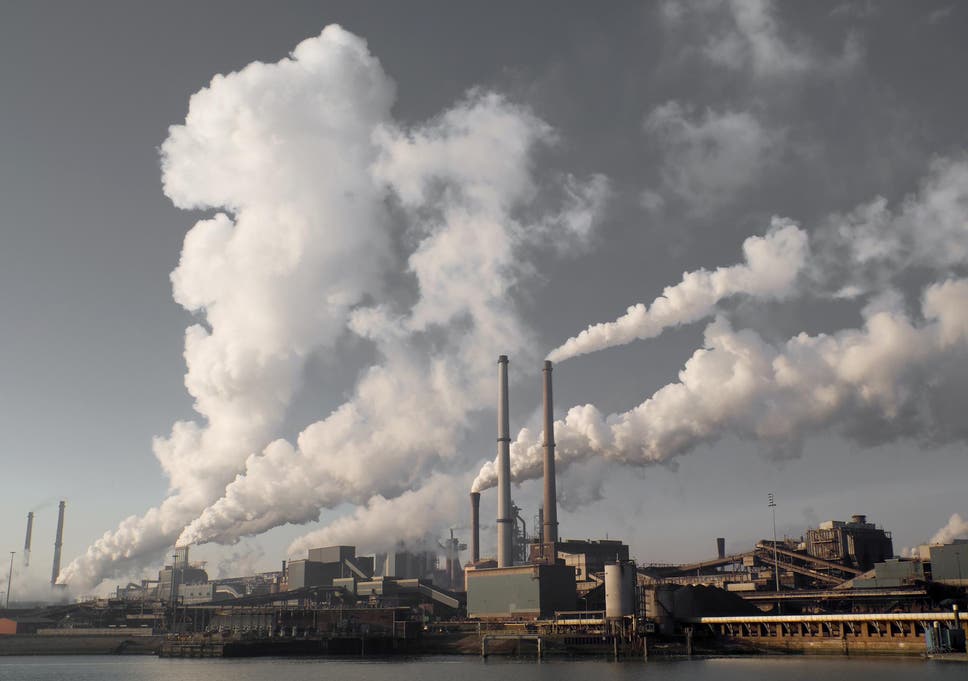
Japanese policy remains focused on ensuring long-term energy security and competitively priced hydrocarbons imports with coal fitting the bill for decades, according to APAC Energy Buzz by Wood Mackenzie Asia Pacific Vice Chair, Gavin Thompson.
This follows the report on Japan’s government planning to suspend less efficient coal plants by 2030.
Japan today remains the world’s third largest importer of coal. Wood Mackenzie’s Dr. Frank Yu notes that no formal change to existing policy has been announced and its achievability and whether it would really represent a U-turn on coal should be considered.
The speculation around what plants may be closed has been focussed on Japan’s pre-1995 coal-fired fleet but it is more likely that all lower efficiency plants could be targeted. This is a significant proportion of the current mix, with around 24GW of currently operating coal plants being considered low efficiency, representing about 51% of Japan’s operational coal-fired units.
Should these plants close by 2030, then Japan’s power mix has little option but to become more reliant on nuclear and imported liquefied natural gas (LNG). ‘Lost’ coal generation could reach around 160 TWh by 2030 whilst nuclear would have to be increased and gas would fill most of the gap.
By 2030, up to an additional 13 Mt of LNG could be required to help fill the gap. Any issue with nuclear restarts and LNG demand could be higher still and will inevitably increase generation costs.
Japan is also expected to build over 50GW of renewables capacity out to 2030, including a major increase in offshore wind. However, high costs in Japan make an accelerated ramp-up challenging.
However, Thompson notes that Japan is one of the few countries in the G20 which is continuing to develop new coal-fired power plants. Around 6.1GW of ultra-supercritical and integrated gasification combined cycle coal plants are currently under construction.
With higher operational efficiencies, adding a significant volume of newer units to replace less efficient plants would clearly support a continued role for coal in Japan’s power mix. This would also allow the government to continue to push towards its existing 2030 targets to reduce the share of coal in the energy mix to around 25%.
With a mature economy and falling population, Japan’s carbon emissions are in long-term decline, but are still not falling quickly enough to meet the country’s Nationally Determined Contributions (NDCs) under the Paris Agreement. Japan’s NDC goal is to reduce emissions by 26% below 2013 level by 2030. This target is unlikely to be met without a significant shift in the energy mix towards zero-carbon energy.
Thompson adds that a more aggressive push to close ageing and less efficient plants would mean Japan will have to ramp up gas, nuclear and renewables but at what pace and what magnitude of switching remains unclear and would be determined by the timing of plant closures. This would come at huge cost and is likely to also face acute opposition from Japanese industries.
Guest post from Asian Power





